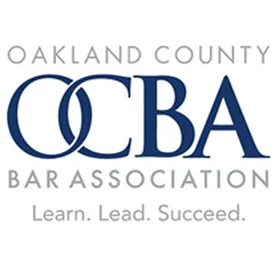Suspect in a crime? Person of interest? What’s the difference?
| Feb 17, 2021 | Criminal Defense |
The police tend to throw around the terms “suspect” and “person of interest” quite a bit when they’re talking to the media about a crime that’s captured some attention.
What exactly do those words mean in that context? Are they interchangeable?
If you’re a suspect, you’re definitely in trouble
In police lingo, if you’re a “suspect,” that means that the authorities believe you may be the perpetrator of the crime in question.
Even if you’re 100% innocent, you need to find a criminal defense attorney pretty fast because the police are usually inclined to start with the assumption that you’re guilty until you prove otherwise. (“Innocent until proven guilty” may be the rule in court, but it’s not how the police usually operate)
If you’re a person of interest, you may be in trouble
A “person of interest” is anyone that the police believe may have information about a crime. That person could be a witness, merely have knowledge about the events that happened or even just have some kind of relationship with the victim of a crime.
Before you breathe a sigh of relief, however, remember this: You can go from a person of interest to a suspect very quickly. Speaking to the police without the benefit of legal counsel is always dangerous because you could say something that makes them think you are more involved in the crime than they knew. You can also end up admitting to being an accessory to the crime, often in ways that you’d never consciously recognize.
If you hear your name mentioned on the news or see your photo being displayed in connection with any kind of crime, take immediate steps to protect your rights and your future.










